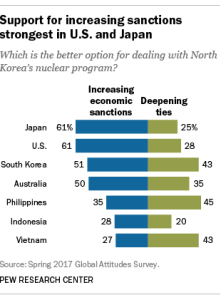

March 14 is that special time of year people pay homage to the mathematical constant pi (π). And a finding from a Pew Research Center survey should bring good cheer to educators nationwide: Most Americans (58%) say they actually liked studying math in grades K-12.
The fascination about pi – the ratio of a circle’s circumference to its diameter – is that it is an infinitely long number beginning with 3.14.
Several days celebrating math are spread across the calendar. (It’s never too early to prepare for the next Pythagorean Triple Day, on 12/16/20.) But Pi Day in particular has grown into a popular cultural phenomenon since it was first introduced in 1988. The U.S. House of Representatives even passed a nonbinding resolution in 2009 commemorating the day, while also encouraging “schools and educators to observe the day with appropriate activities that teach students about pi and engage them about the study of mathematics.”

“America needs to reinforce mathematics and science education for all students in order to better prepare our children for the future and in order to compete in a 21st century economy,” said the resolution, adding that mathematics “can be a fun and interesting part of a child’s education.”
Out of the 58% of U.S. adults who enjoyed math classes in grades K-12, most point to the subject matter as the main reason they liked math classes, rather than the way math classes were taught. About six-in-ten (61%) say they liked K-12 math classes because of the subject matter. A similar share (59%) say they disliked math classes because of the subject matter.
About half or more of respondents in each of the age groups included in the survey say they liked K-12 math classes. For instance, 58% of Americans ages 18-29 and 64% of those 65 and older had positive memories of math.
The survey also revealed that men (62%) are more likely than women (53%) to have positive memories of math classes.
While a majority of Americans liked their math classes, even more (75%) have fond memories of their science classes in grades K-12. Among this group, a majority points to the subject matter as the main reason they enjoyed science classes (68%), while roughly three-in-ten (31%) say the main reason they liked them was the way they were taught.
Nearly half (46%) of Americans say they liked both science and math classes in grades K-12. About one-in-ten (11%) say they liked math but not science, while a larger share (29%) disliked math but liked science. Some 14% say they disliked both math and science classes.

As one might expect, working in science, technology, engineering and math (STEM) – or earning a postgraduate degree in a STEM field – is closely related to liking science and math classes in grades K-12. But many of those who work in other occupations or have a degree in a different field liked one or both of these subjects as well.